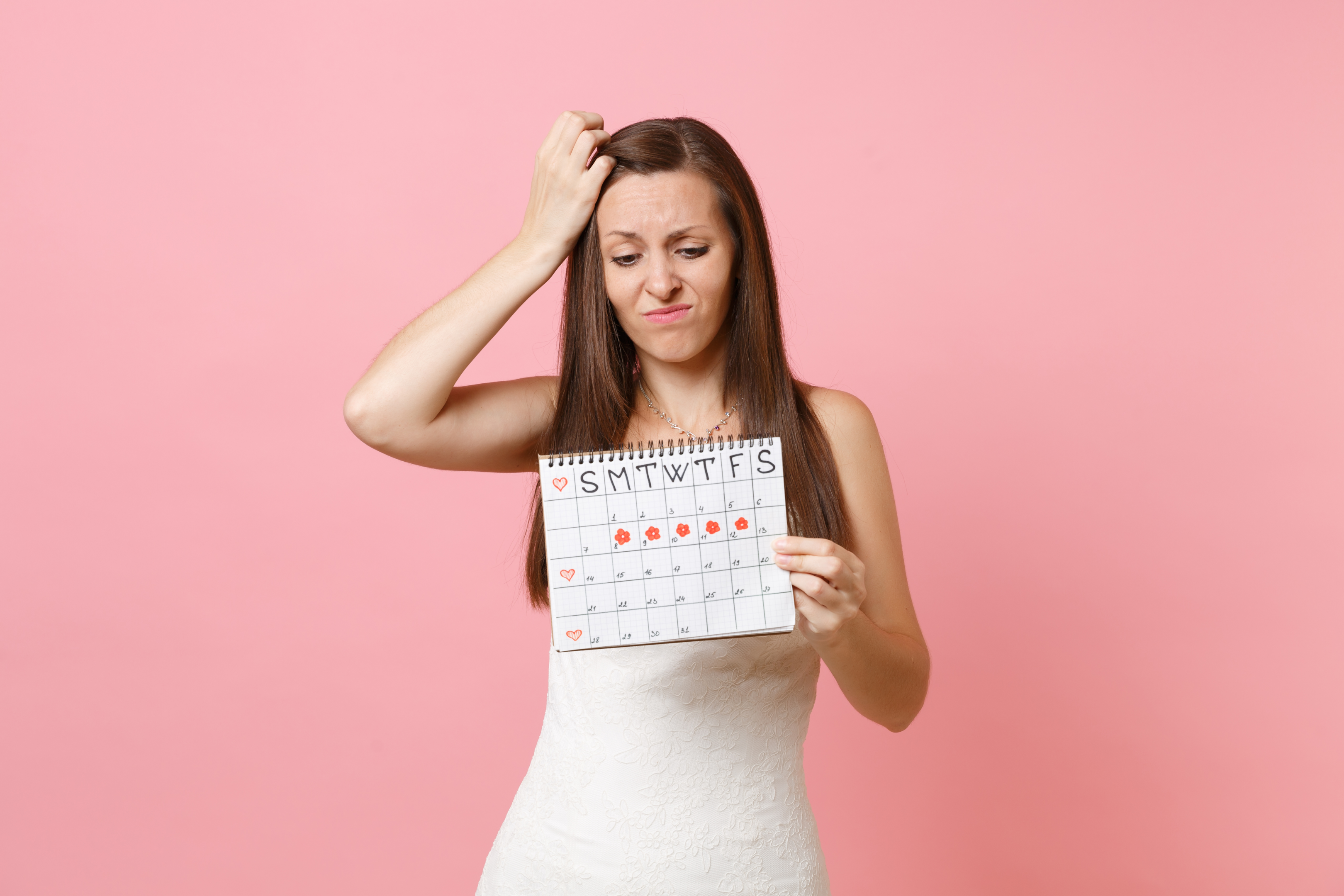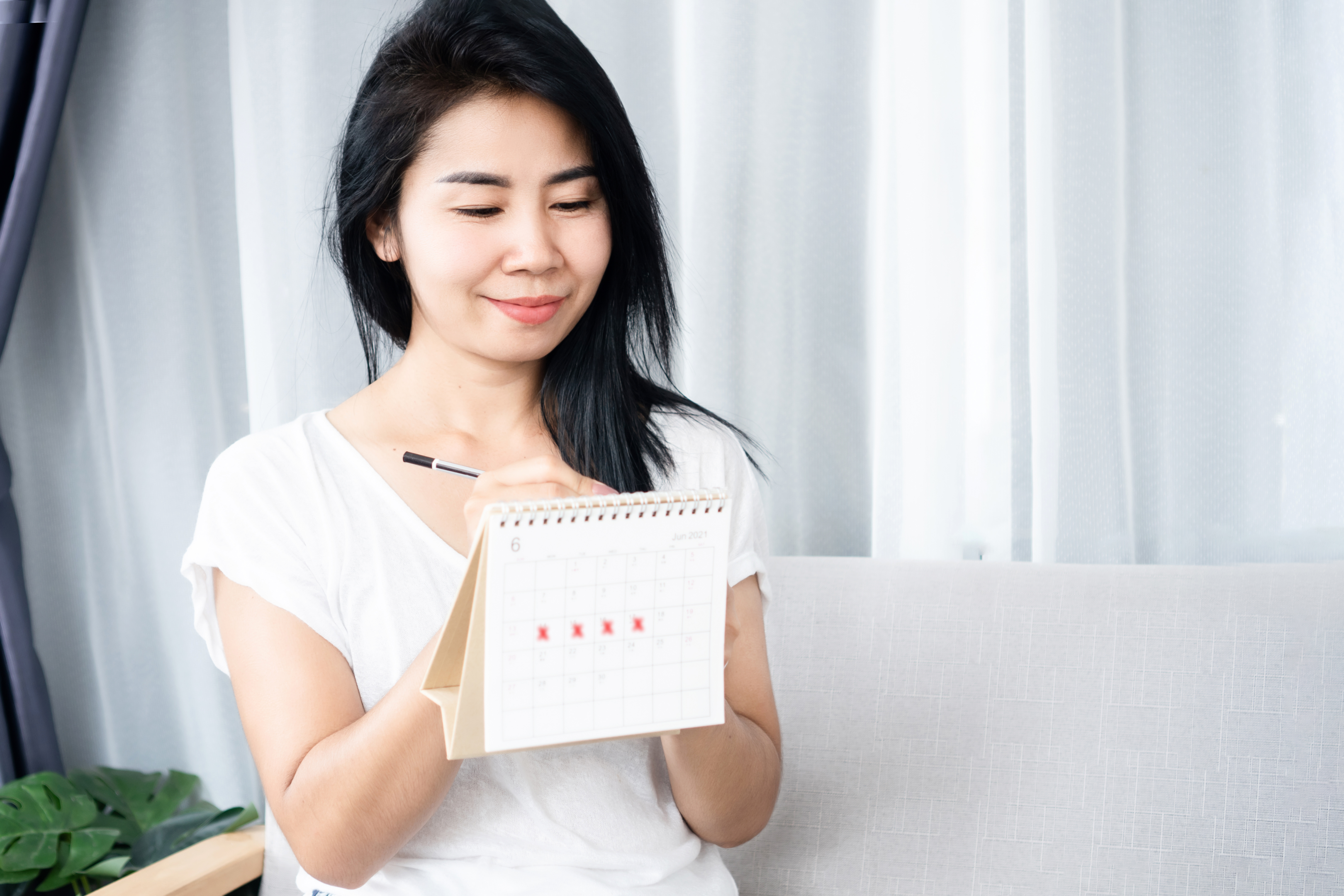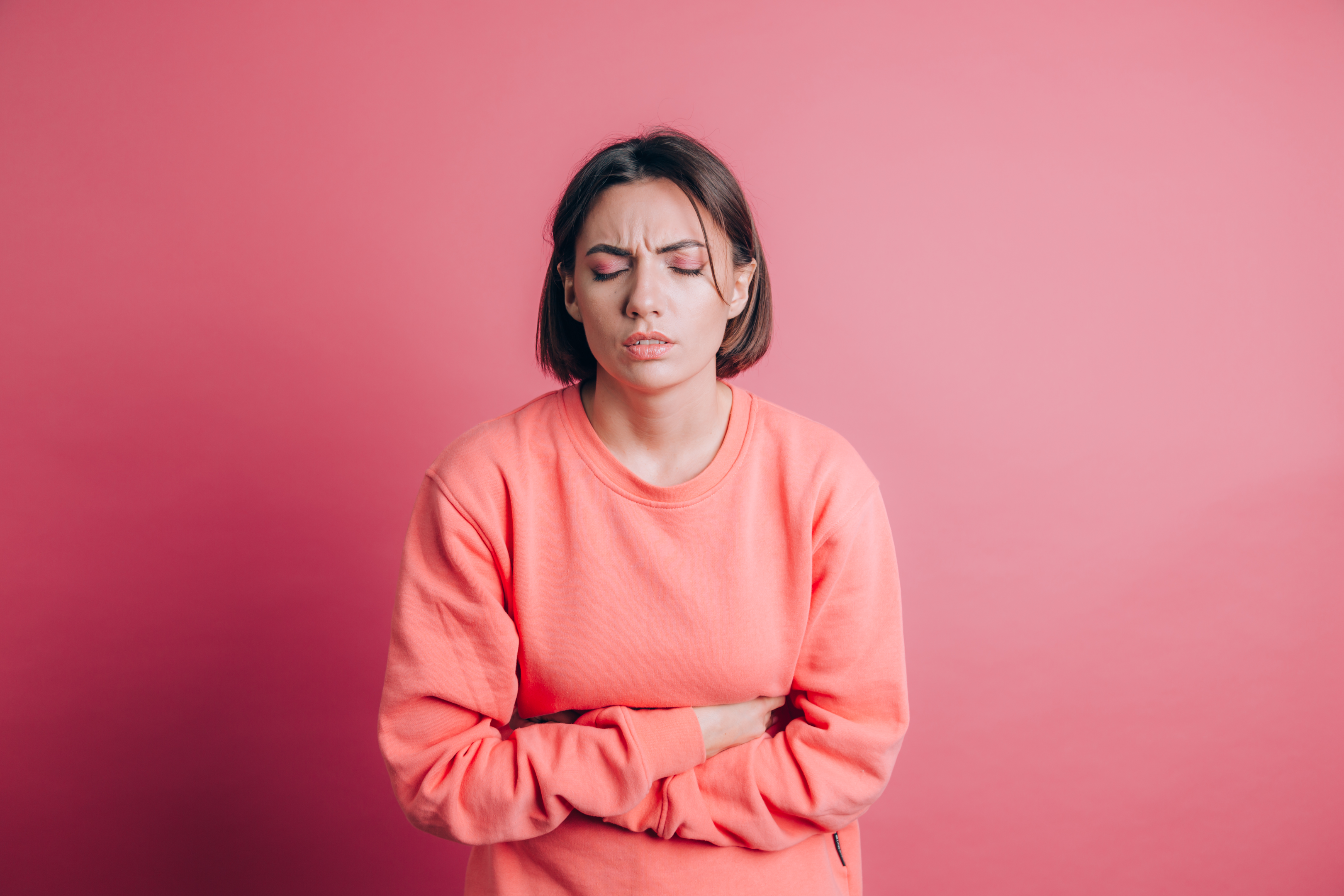How To Make Your Period Come Faster?



Some women prefer that their period arrives before a significant occasion, such as a deadline week or an upcoming weekend getaway. There are a few things they can attempt to ramp up their period.
There are no guaranteed methods to get a period right away or within a day or two. Even so, around the time their menstruation is due, a person may discover that exercising, trying relaxation techniques, or having an orgasm may cause their period to arrive sooner.
People can also use contraceptive pills to regulate their menstrual cycle. There are many other techniques for inducing a period on the web, including eating pineapple, but there is no proof that these procedures work.
This article explores some of the strategies that people can use to induce a period. We also explain which methods lack scientific support and potential risks.
You may want to induce your period for a variety of reasons. Perhaps you wish to finish your period before a vacation or special event. Perhaps you have an irregular menstrual cycle and desire more predictability in order to plan a pregnancy. Perhaps your period is late, causing you to be stressed or concerned.
If your period is late or has stopped, addressing the underlying cause may assist you in regulating your period every month.
A normal menstrual cycle lasts between 21 and 35 days. Amenorrhea is the lack of period during the reproductive years. Amenorrhea can occur in individuals who have their period on a regular basis and lasts for six months. In the United States, approximately 1% of females suffer from this condition.
Conditions that can cause amenorrhea include:
Stress
Pregnancy
Hormonal contraceptive
PCOS
Menopause
Low or high BMI
Celiac disease or diabetes
Tumours influencing the pituitary gland and ovaries
Hormonal problems
Thyroid issues
Women with primary amenorrhea have not started their menstrual cycles by the age of fifteen or five years after first breast growth.

There are many potential causes of missed or delayed periods:
PCOS
Anatomical differences, including those that can result in a vaginal blockage or the lack of a cervix or vagina.
Pituitary gland problems
Increased FSH
Hyperprolactinemia, or having excessive prolactin levels
The premenstrual dysphoric disorder is a serious health issue that is comparable to PMS. In the week or two before your period, PMDD causes severe irritability, depression, or anxiety. Symptoms typically disappear two to three days after your period begins. You may require medication or other treatment to alleviate your symptoms.
Researchers are unsure what causes PMDD or PMS. Hormonal fluctuations during the menstrual cycle may play a role. Serotonin, a brain chemical, may also play a role in PMDD. Serotonin levels fluctuate during the menstrual cycle. Some women are more sensitive to these changes than others.
PMS manifests itself in a variety of means, such as tender breasts, mood swings, food cravings, irritability, fatigue, and depression. Signs frequently occur in a consistent way. The emotional and physical changes linked with premenstrual syndrome, on the other hand, can range from practically unnoticeable to intense.
There is no way to get your first period. However, the ACOG states that a person's first period usually occurs between the age of twelve and thirteen. ACOG also estimates that by the age of 15, 98 percent of girls will have their period.
ExerciseMild exercise may help to loosen the muscles and hasten the onset of a period. Nevertheless, the proof for this technique is anecdotal, and the study has yet to confirm its effectiveness. Some individuals have irregular periods as a result of strenuous exercise regimens. Moderate exercise may help to restore the hormones required to restore regular menstruation.
Hormonal Birth ControlThe only credible method of controlling the menstrual cycle is to use hormonal contraception, including birth control pills. The most efficient method for managing cycles is the combined pill, which includes both progestin and oestrogen. Individuals take hormonal pills for twenty-one days, then stop or take a pill for another seven days. During these seven days, they have their period. Individuals can also skip their periods by using birth control, which is generally regarded as safe by doctors.
RelaxationAccording to scientific evidence, high levels of stress are linked to irregular periods. Finding means to relax and de-stress may be beneficial, especially if a person's menstruation is delayed or absent because of stress. Delicate yoga, note-taking, meditation, and spending time with family and friends can all help to reduce stress.
Weight Loss and DietAdjustments in a person's body weight can have an impact on their period. Low body weight can end up causing irregular periods or even stopping them entirely. This is because the body requires fat to produce menstrual hormones.
High body weight or a dramatic change in weight can also result in irregular menstrual cycles. Some individuals may realise that certain foods can cause their period to be delayed or accelerated, as well as affect how heavy the flow is and how long it lasts. This could be due to food's relative protein, fat, and other nutrient content.

This is one of the most widely used methods of mildly accelerating the menstrual cycle. Not only does it relax you and alleviate some PMS symptoms, but it also relaxes the abdominal muscles, stimulating blood circulation from the uterus. In the same way, a warm compress utilized in the stomach region works.
OrgasmSex and orgasms, believe it or not, can also help trigger a period. The integration of sexual hormones and contractions of the uterine during the orgasm may assist in dilating the cervix and allow the uterus to shed its lining.
Many individuals try natural remedies to get their period. Although there is no evidence that these techniques work, there are a few risks to trying them. Some natural remedies that some people use to try to induce menstruation include
Vitamin CSome individuals believe that eating a lot of vitamin C can help you get your period. This could be due to the effects vitamin C may have on estrogen and progesterone levels, which are the hormones responsible for menstrual cycle timing. Although there is no scientific proof to support this, increasing your vitamin C intake is not detrimental.
Eat the following foods to increase your vitamin C intake:
Grapefruits and oranges
Kale and spinach
Brussels and broccoli
Pineapple
Pineapple contains a high concentration of bromelain, an enzyme that some think may influence oestrogen and other hormones. According to research, bromelain may assist in reducing inflammation, which may aid with some causes of irregular periods that entail inflammation. Even so, there is no evidence that taking pineapple or bromelain supplements will cause a period.
HerbsEmmenagogues are herbs that certain think can induce menstruation. Parsley, chamomile, rosemary, cinnamon, sage, and oregano are some herbs that are used for this purpose. Celery, pomegranate, papaya, fenugreek, and chicory are also said to be emmenagogues.
Dong QuaiDong Quai, also referred to as female ginseng or angelica Sinensis, is a Chinese herb that has been used for hundreds of years to treat symptoms related to menopause and menstruation. It is believed to induce a period by increasing blood flow to the pelvis as well as arousing uterine muscles and triggering uterine contractions.
It may not be safe to take in large amounts if you are pregnant or nursing. Dong Quai can be made into a tea and is often sold in combination with other herbs.
TurmericThis is another traditional cure that some think is an emmenagogue. There are numerous means to incorporate turmeric into your lifestyle. It goes well with curries, rice, and vegetables. You can also mix it with water or milk and other spices and sweeteners to make a warming drink.
The majority of the methods discussed above are risk-free for healthy adults. Since the Food and Drug Administration (FDA) does not regulate herbal products and supplements, it is critical that people purchase any herbal supplements from a reputable source. Additionally, anyone who has a known or probable allergy to any of the foods, herbs, or supplements should avoid them.
Hormonal birth control can have negative side effects and is not suitable for everyone. The birth control pill, though uncommon, can boost a person's danger of developing a blood clot, a stroke, or a heart attack. Individuals who are smoking or are over the age of 35 are more likely to experience complications from the tablet. When you are considering hormonal birth control, consult with your doctor about your personal risk factors.

According to a reliable source, the average menstrual cycle lasts 28 days, with a typical range of 21 to 35 days. If a woman consistently misses her period or if her cycle is very irregular, she should consult a doctor. Any significant changes in menstruation should be reported to a doctor.
Anyone using birth control should contact their doctor or seek emergency care if they encounter any of the following symptoms:
Shortness of breath
Headache
Chest pain
Abdominal discomfort
Calf pain, redness, or swelling
Eventually, people who use hormonal birth control to manipulate their periods must consult their doctor about how to do so with their specific form of birth control, as the directions may differ from form to form and even pill to pill.
People have tried a variety of methods to induce a period, from traditional to modern medicine. Hormonal birth control is among the reliable method for controlling periods. Individuals may be able to shorten their menstrual cycle by altering their diet, staying active, and relaxing.
Other methods are also common, although there hasn't been enough research to determine whether or not they work. Make an appointment with your doctor if you have any concerns or questions about causing a period.
If you are looking for supplements that can help with your periods, check out Welzo's women's health page.










Plus get the inside scoop on our latest content and updates in our monthly newsletter.